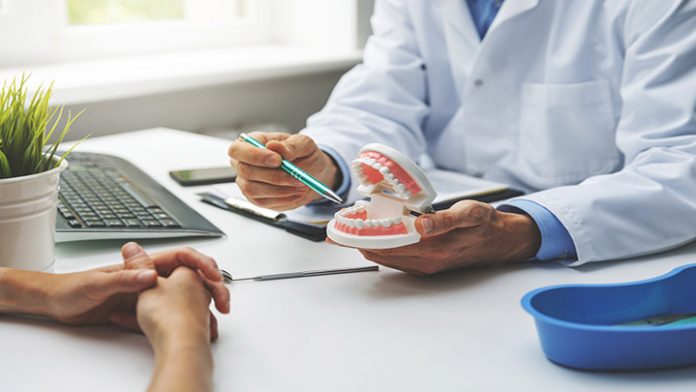The Croatian borders are open, but not yet to tourism. When inbound tourism does open, which may be as soon as June, dental and cosmetic tourism can resume. National bodies are working with heath and tourism ministries to make this happen safely. Bagatin Clinic describes its new safety protocols to protect international patients.
The Croatian borders will open to specific countries first, as the government is in negotiations on tourism to and from Slovenia, Germany, Austria, Italy and Hungary. Most cosmetic and dental tourists in 2019 came from the first four countries.
The Chamber of Dental Medicine has developed professional guidelines for full-scale work during the coronavirus pandemic, which guarantees maximum protection for all patients.
Bagatin Clinic in Zagreb offers dentistry, cosmetology and aesthetic dermatology and is following the latest recommendations issued by the Ministry of Health, the Croatian Medical Chamber, the Croatian Chamber of Dental Medicine and the Croatian Institute of Public Health. The clinic has new protocols for international patients including:
- While setting up and confirming appointments, contact centre operators go through a set of questions with each client so that they can identify potential health and/or infection risks. These questions are related to trips to at-risk areas in the last 14 days, contacts with persons infected with COVID-19, whether they have been self-isolated or quarantined for the past 14 days, and whether they have had a fever or a respiratory problem in the last 14 days.
- Prior to arrival, they inform the patient, by phone, of the protocols required to arrive at the Bagatin Clinic locations, and instruct clients / patients to come unaccompanied and with their own face mask.
- At the entrance door of each of location, patients and clients are provided with information on preventative measures to protect against COVID-19.
- At the entrance to the premises of the clinic, a bactericidal and viricidal barrier is provided for the patient’s footwear (a fabric soaked with disinfectant that changes every 3 hours).
- Upon entrance, it is obligatory to disinfect hands with the provided disinfectant agents. The product is also available in all the toilets, encouraging patients and clients to disinfect their hands after each new contact with different surfaces.
The clinics keep premises clean and disinfected, and pay special attention to the surfaces with which employees and clients are most often in contact.
Sufficient time is provided between patient appointments to allow for additional disinfection and sterilisation of the premises, and the movement of clients and healthcare staff across the premises is minimised. The extended pause between appointments also ensures a reduced fluctuation of clients and patients in the waiting room and allows for the social distancing rules to be followed, close contact is avoided and the distance of at least two meters is maintained.
A Plexiglas barrier separates the reception area and disposable gloves and facemasks additionally protect the reception staff.
Health care professionals use all necessary protective equipment in their work and have received additional training in the proper use of personal protective equipment: FFP3 / N95 masks, disposable sterile or non-sterile gloves (depending on the type of procedure), transparent safety glasses or visors for personnel wearing prescription glasses, surgical cap and disposable coat.
After each client and patient, the utensils, appliances and instruments are thoroughly disinfected and sterilised or disposed of, and the rooms and offices are regularly ventilated.
Operating rooms and dental surgeries are equipped with UV lamps with ozone of adequate strength according to the quadrature of the space, which ensure disinfection and sterilisation of the entire surface.






 ©2024 All rights reserved LaingBuisson
©2024 All rights reserved LaingBuisson 


